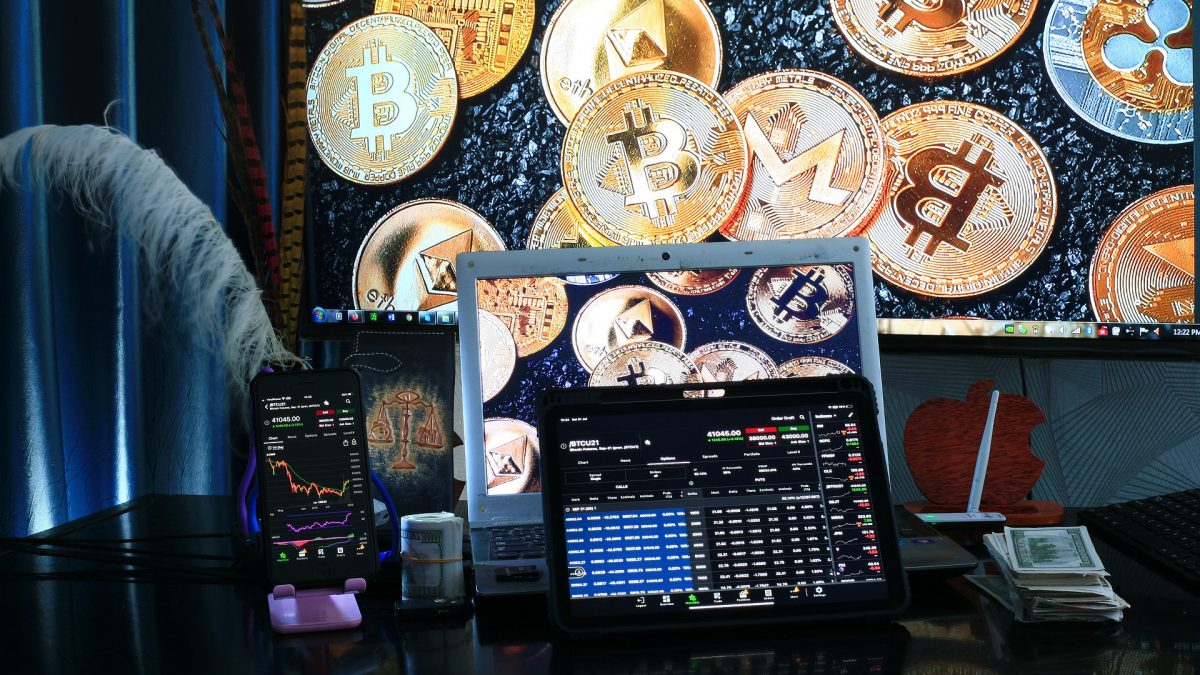
The Future Lawyer Weekly Update – w/c 22nd November
November 24, 2021
The lights are off, but people ARE at home!
November 26, 2021Article by Vinita Prajapati
Cryptocurrency frauds are on the rise. Frauds in cryptocurrency have not happened so much before as in 2021. According to the Cypher Trace report, cryptocurrency has laundered US$432 million by the end of April, of which 56% was related to Defi (the virtual platform that enables crypto transactions).
The level of fraud in 2021 has exceeded the number of crypto frauds in earlier years, a loss of $1.9 billion in 2020 and $4.5 billion in 2019 by cryptocurrency scams. Recently the scammers impersonated Elon Musk and other celebrities and evaded $2 million of people, promising to multiply the cryptocurrency of the people who have lost their money.
Many people are selling or mortgaging their properties to buy cryptocurrency but become victims of scams. Recently a British woman lost all her life savings of £9,000 on cryptocurrency investment.
How do these scammers commit such frauds?
What are the measures authorities are taking to curb these frauds? Let’s take a look.
1. Fake ICO (Initial Coin Offerings): Many ICOs are fake with fabricated bios and technical papers copied from other legitimate cryptocurrencies. In 2017, 80% of ICOs were fake. Fake ICOs have decreased in the past few years but remain a point of concern. Some fake ICOs are currently in operation, like BigCoin, which stole $6 million from customers. Before investing in cryptocurrency, consumers should identify whether the same cryptocurrency is registered with the FCA(Financial Conduct Authority) in the UK or if the exchange is listed with the Chicago Board Options Exchange (CBOE), the Chicago Mercantile Exchange (CME) in the US etc. Essentially, consumers should check with the authorized exchanges of the countries investors are looking to invest their money.
2. Ponzi Schemes: Many criminals are making bogus schemes to steal the people’s hard-earned money. Since cryptocurrency has been widely misunderstood, it is easy for criminals to frame out Ponzi schemes and lure investors.
3. Traditional Theft: Black hat hackers steal the cryptocurrencies of many people by hacking their digital wallets and setting up fake crypto exchanges and fake digital wallets.
Authorities Regulations and Actions
Now, consider the different actions that authorities are taking in this regard.
US SEC (Securities and Exchange Commission) examines the exchanges and funds investing in cryptocurrencies, which must be registered as broker-dealers or exchanges.
The SEC has fined Floyd Mayweather and DJ Khaled for not disclosing payments they received to invest in cryptocurrencies.
US SEC has defined cryptocurrency as a “security, or investment of money in a common enterprise with a reasonable expectation of profits to be derived from the entrepreneurial or managerial efforts of others.” SEC also developed an application in its famous report The DAO, a German ecosystem to test this.
CFTC (Commodity Futures Trading Commission) regulates crypto as a commodity following the Commodity Exchange Act. The IRS (Internal Revenue Service) Taxing authority in the US has positioned cryptocurrency as an asset, and any profit on the selling of cryptocurrency as a capital gain (except if it is sold as an inventory), charging taxes on it. IRS can track money-laundering crimes through its Criminal Investigation Division.
In the UK, The Cryptoasset Taskforce was established in March 2018 to detect whether the crypto asset is used for authorized purposes. The authorities have made it mandatory for the organizations to fulfil their AML (Anti Money Laundering checks) and KYC obligations during customer account opening through AML and Monitoring software. Here, they can scan and identify customers’ Adverse Media Sanctions and PEP lists (politically exposed persons, the list of politically sanctioned persons) from more than 200 countries.
What can people do?
Whistleblowers are required to help the government in preventing these frauds. There are many whistleblower reward programs organized by authorities like SEC, CFTC, and IRS.
FCA has provided the details to contact them in case of fraud on the link https://www.fca.org.uk/consumers/report-scam-us
The link given by FTC to report is ReportFraud.ftc.gov;
By CFTC is CFTC.gov/complaint and by SEC is sec.gov/tcr
Being Cautious
Scammers usually make the following types of claims. You can identify them by the following traits:
(i) The claim that you will make profits, even if they tell you about endorsements from celebrities or testimonials
(ii) Noone can guarantee a set return or ensure that your money will multiply quickly
(iii) Promises to pay in cash or cryptocurrency. The promises of quick money are always fake.
(iv) They make big claims without any details or explanations. One should always understand how their investment works and where their money is going before investing their money. Good investment advisors are always willing to share information about their business.
Thank you for reading my words. Please keep yourself aware of fraudulent offers and scams and always be cautious when investing your money. Be careful with offers that look too good to be true.





